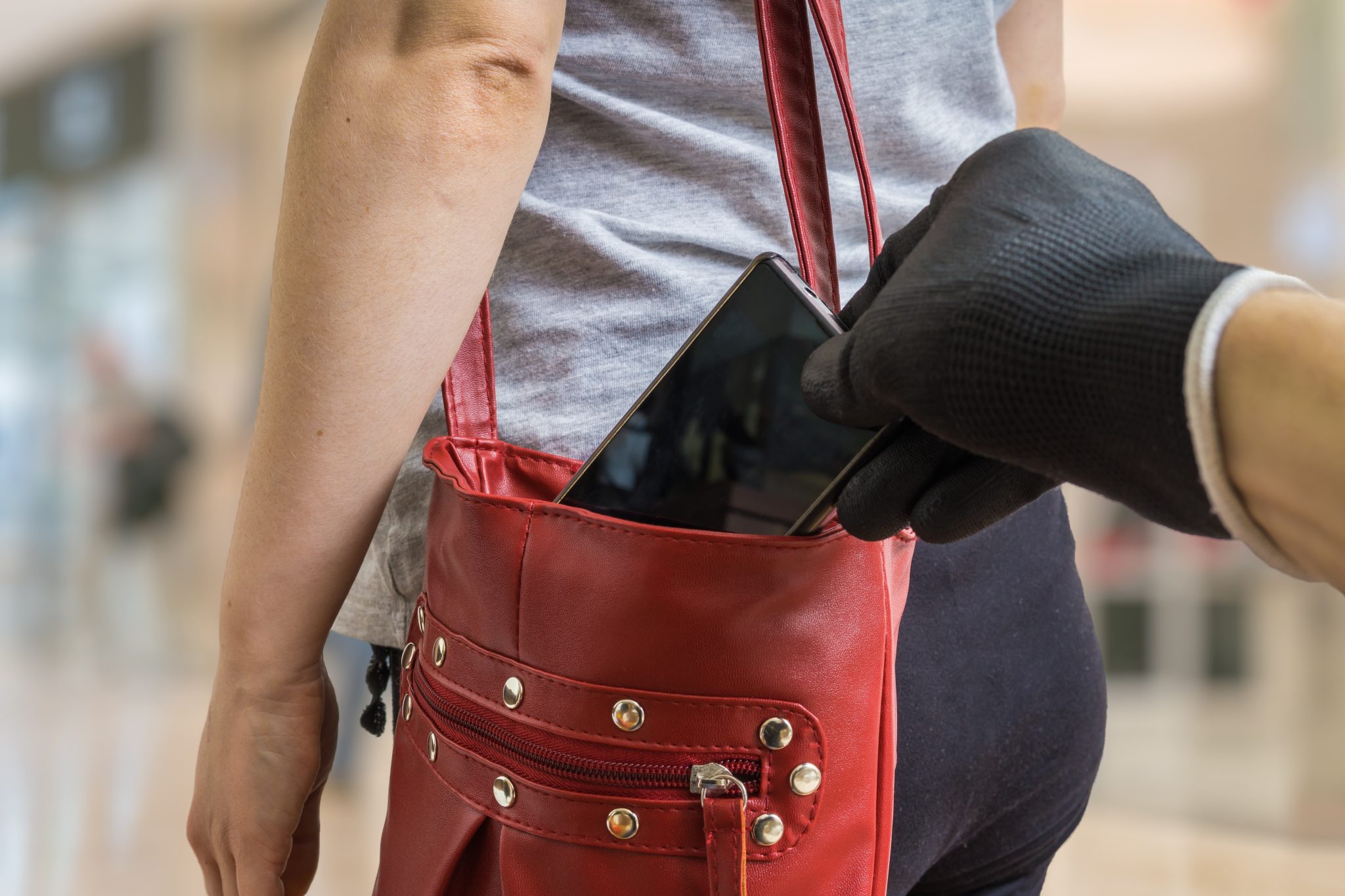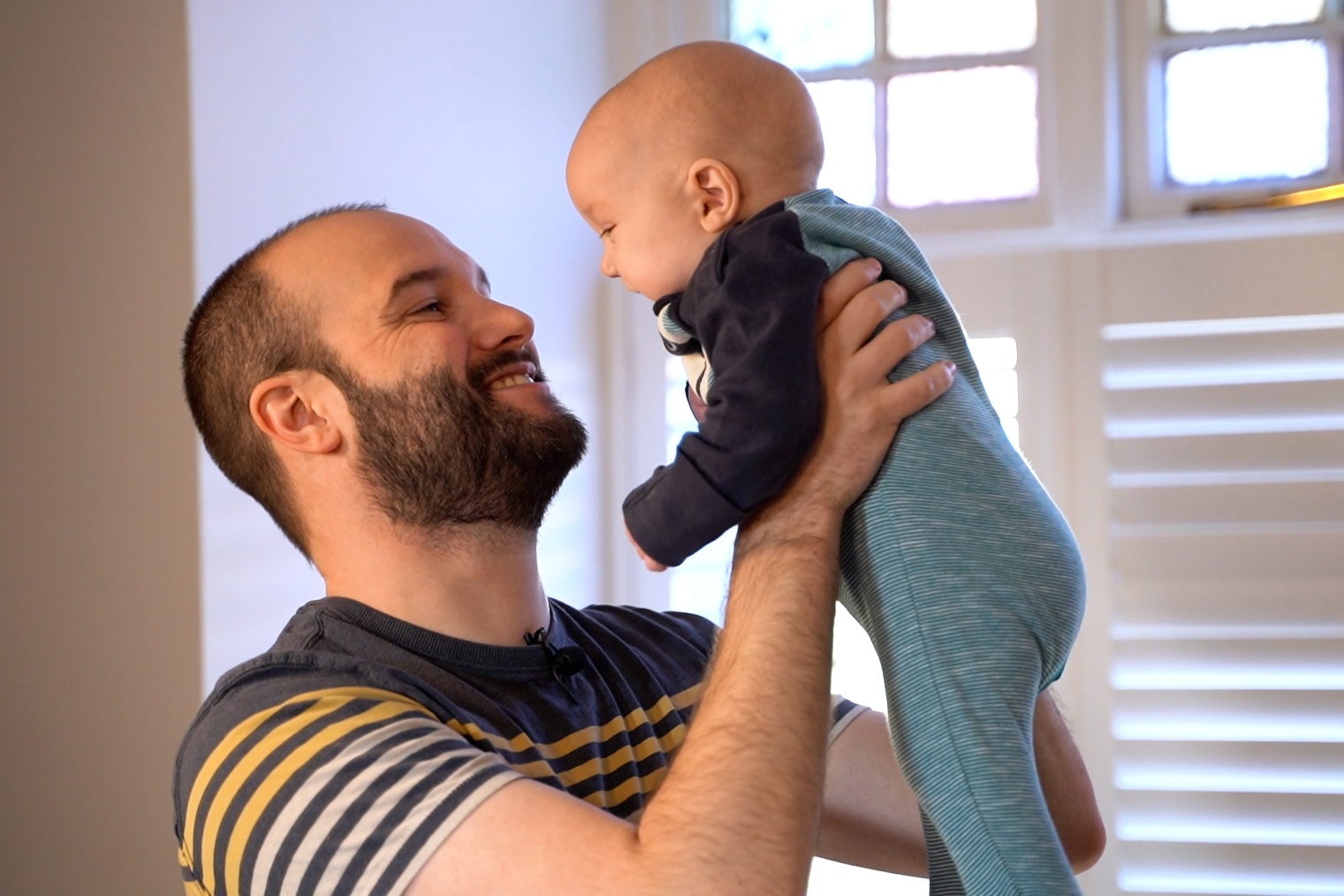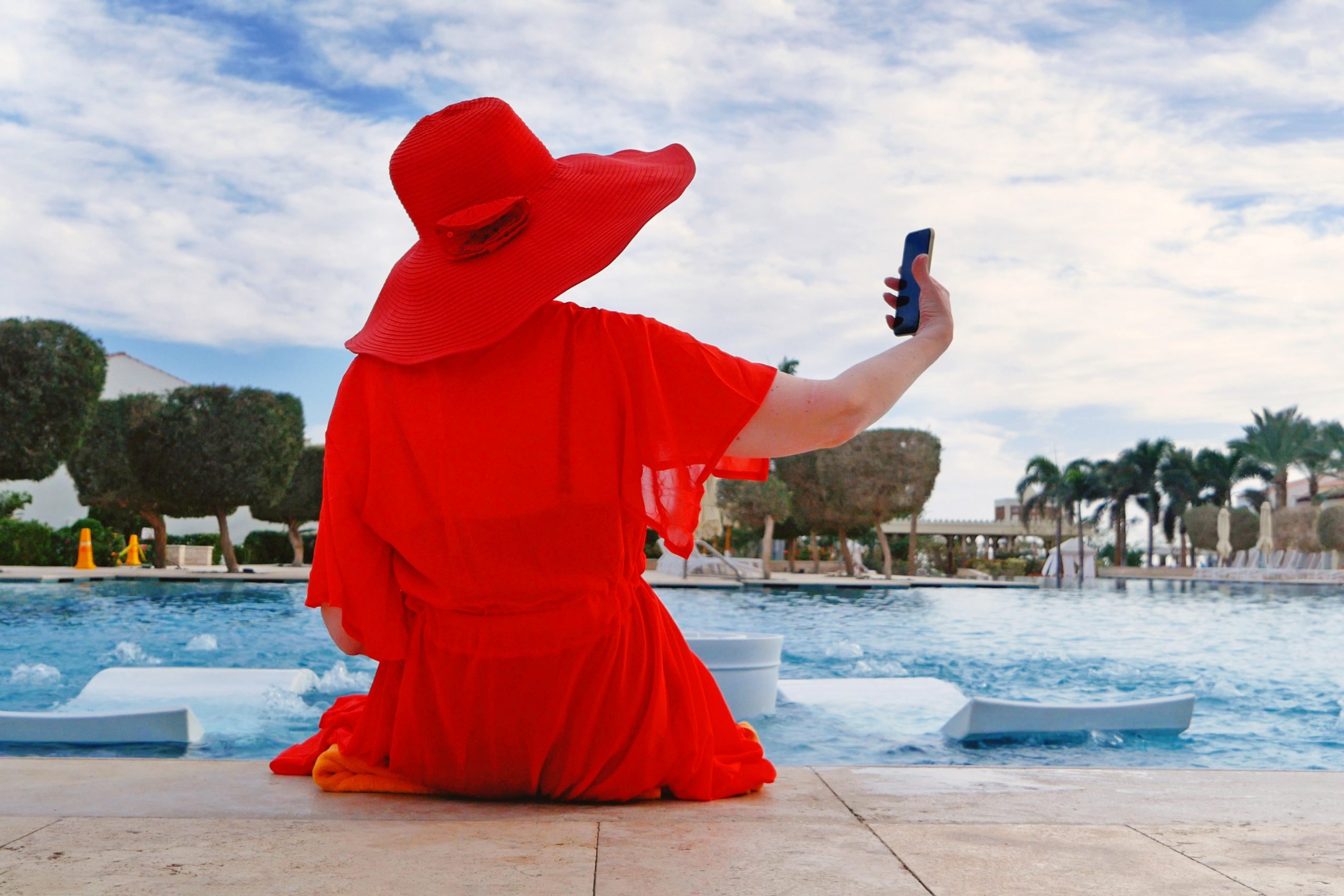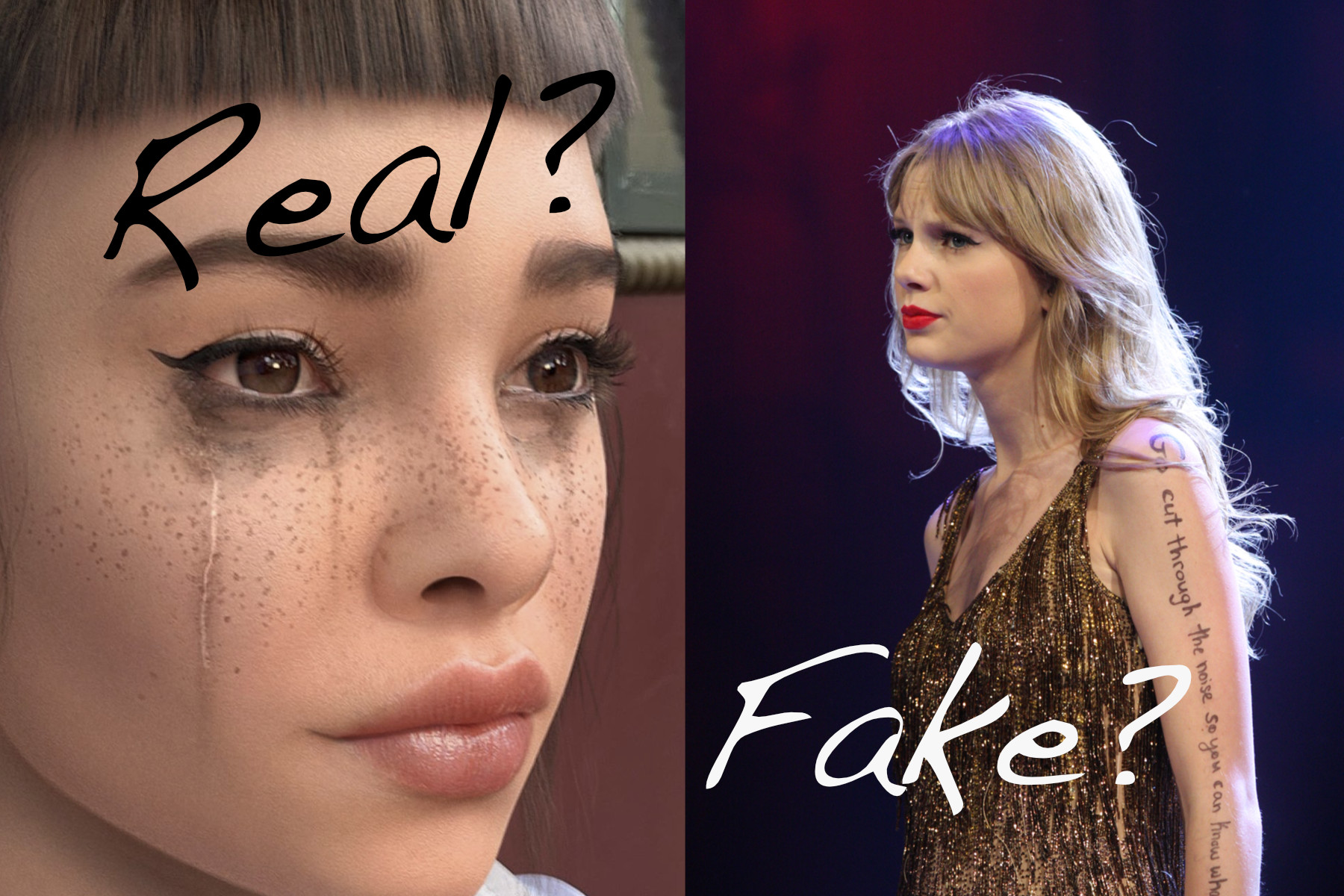
As more of us than ever are now shopping online, particularly in the wake of pandemic lockdowns, shopping-related scams are also on the rise. We can all fall for them, teenagers and pensioners alike. So here is a safety checklist of questions we should all ask ourselves as we prepare for the Christmas shopping season.
Could this be a scam?
A lot of the online shopping that younger people do is inspired by what they see on social media, where adverts on Tiktok or Instagram lead to influencers’ store fronts or websites.
“Social media sites/apps and online forums are a popular place for advertising gifts, tickets and holidays,” says Tony Neate, CEO of internet safety website Get Safe Online.
“Many are genuine, but you need to be aware that others are fraudulent. Be extra vigilant about checking that such ads are authentic.”
There are several ways to do this before you part with your money. If the site is on Instagram and promises big brand name stock, check that the account is verified. If it is not, the items may be fake.
In many cases, you may be directed to a website to buy. Parenting blogger Emma Bradley (emmaand3.com), says she talks to her children about the”‘green padlock” that shows whether a site has passed certain safety protocols.
That is just one check you should make. Other red flags to spot are poor English on a site, which might suggest it isn’t legitimate.
Helen Dewdney, Consumer Champion at The Complaining Cow, says that you should also check for “https://” in a website address.
“The “s” there actually stands for “secure”. You should also be able to see their site certificate, too, if you click on the padlock.”
Is it too good to be true?
Online shopping can be disappointing without being actually fraudulent – if the goods are of poor quality, arrive late, or have expensive delivery charges that weren’t made clear at the time of purchase, for example.
Checking reviews on Trustpilot or similar sites and reading the firm’s own returns policy should help you not to get caught out. Some things to check include the quality of the goods, how quickly they arrive, what the delivery charges are and how to return the goods if they’re not right or poorer quality than advertised.
What is the safest way to pay?
Credit card payment offers more protection than other ways of shopping online as the credit card provider is ‘joint and severally liable’ if goods do not arrive, or if they are faulty and the retailer does not pay up. This protection, known as Section 75, kicks in when you pay for something worth £100 or more.
The problem us, you can’t get a credit card until you’re 18, so younger shoppers may need parental help for bigger-value purchases – not so handy if they’re trying to buy a surprise Christmas present for a parent! .
Tony Neate, at Get Safe Online, says that one of the most important things you should impress upon people young and old is that they should not pay with bank transfers.
“However desperate you are to buy that late present or an item that’s in short supply, don’t pay for it by transferring money directly to people or companies you don’t know. If it’s a fraud, your bank may not be able to recover or refund your money,” he warns.
Is it ethical and green?
Many shoppers are increasingly concerned about the impact our purchasing choices have on the planet. So as well as ensuring you’re not falling prey to a scam, it’s worth checking the ethical and sustainability credentials of the online vendor and of the items you want to buy.
Looking on the brand’s ‘policy page’ to see whether they make statements about how they treat their staff and manage their supply chains is a good start. But it’s better if they have external validation, so you don’t have to rely on their claims alone.
Look for badges from the likes of B Corp or Fairtrade which show that companies have been inspected for their behaviour by independent third parties. GOTS (Global Organics Textile Standard) is is a useful way to check for high ethical fabric standards.
Ethical Consumer has lists of the most and least ethical retailers, though its thorough evaluations of companies’ credentials are only available to subscribers.
It lists Lush, the Co-op, Marks & Spencer, WHSmith and John Lewis as its top five ethical high street stores (all but the Co-op also offer online shopping), while the least ethical companies that offer online shopping are named as Amazon, Asda and Tesco.
So this Christmas shopping season, be extra vigilant online and follow our tips to stay safe. And don’t let rumours about certain goods being in short supply panic you into buying from some unscrupulous online shop that turns about to be a front for fraudsters.
Stay up-to-date with the latest news from Vodafone by following us on Twitter and signing up for News Centre website notifications.








![mother with daughter with smartphone in snowy weather [Adobe Stock] stock photo of a mother outside in snowy weather with her daughter while using a smartphone](https://www.vodafone.co.uk/newscentre/app/uploads/2024/02/mother-with-daughter-with-smartphone-in-snowy-weather-Adobe-Stock.jpg)
